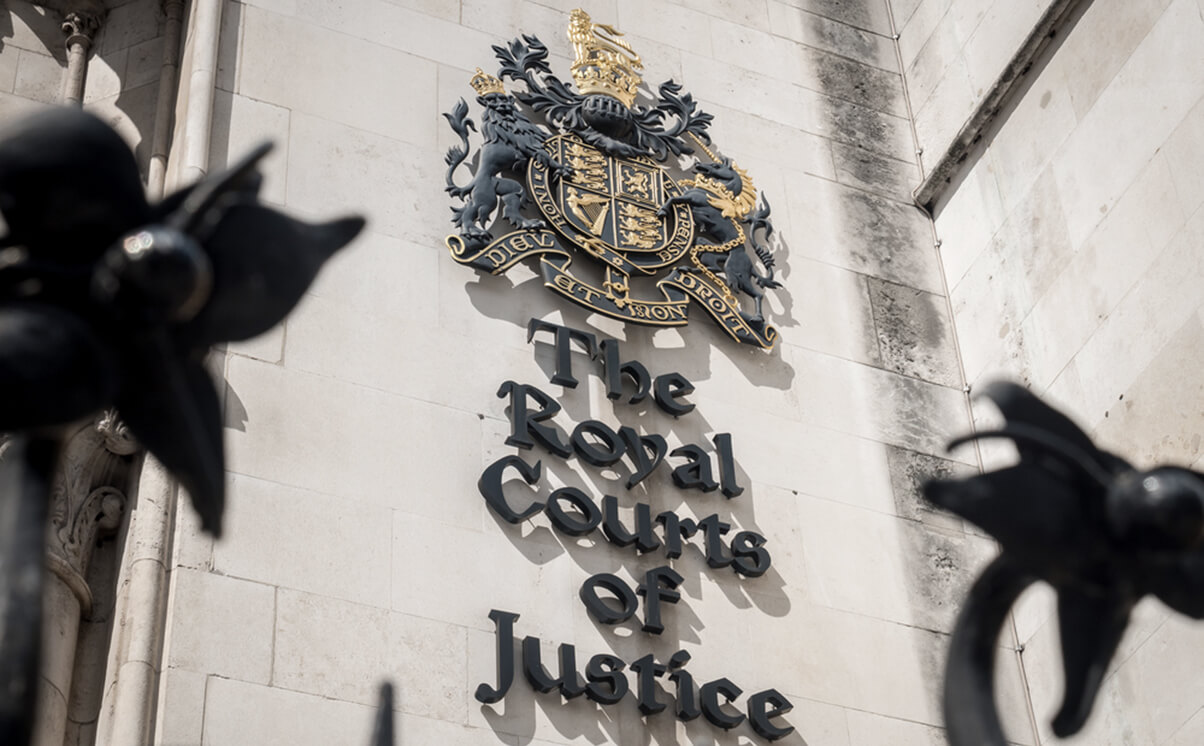A recent article on the International Bar Association website considers the fact that in-house lawyers increasingly give both legal and commercial advice, with the result that not all their communications are automatically privileged. The article examines how the interpretation of legal privilege is changing across jurisdictions.
Elaina Bailes says in the article that she does not believe that lawyers or clients deliberately try to stretch privilege further than it should go, but adds that “it is easy for lawyers to forget how narrow the scope of legal advice privilege is intended to be”.
The article continues:
‘Bailes points out that fact-finding has always been outside the scope of legal privilege. For her, another recent ruling highlighted the danger of believing that a lawyer’s notes from an internal investigation can be automatically privileged.
‘Bailes and her firm acted in the Royal Bank of Scotland (RBS) rights issue case, which saw the bank’s shareholders try to recover their investment losses. The judge held that notes of interviews with current and former employees of a corporation, taken as part of an investigation by in-house and external lawyers, are not privileged as a matter of the law of England and Wales. Furthermore, the court also confirmed that English privilege rules should be applied in cases before the English court so that, even though the interview notes were likely to have been privileged as a matter of US law, they were not privileged as a matter of English law.
‘For Bailes, “the true issue is that the law is out of date for the modern corporate world, and has rarely been tested in the courts.
‘“We see huge teams of lawyers acting on investigations. The perceived lack of clarity in these judgments simply shows the courts grappling to apply first principles to the messy and murky corporate jungle.
‘“The right of innocent parties to have their legal strategy protected must be balanced with the ability to uncover wrongdoing – be that for enforcement agencies or for claimants taking on big corporates,” says Bailes. “The recent decisions should serve to focus the minds of the legal profession, and hopefully show the courts beginning to clarify the scope of the law to better reflect its original, narrow intent,” she concludes.’
To read the full article, please click here.
You can find further information regarding our expertise, experience and team on our Commercial Litigation pages.
If you require assistance from our team, please contact us or alternatively request a call back from one of our lawyers by submitting this form.
Media contact: Lydia Buckingham, Senior Marketing Executive, +44 (0) 20 7822 8134, lbuckingham@stewartslaw.com






